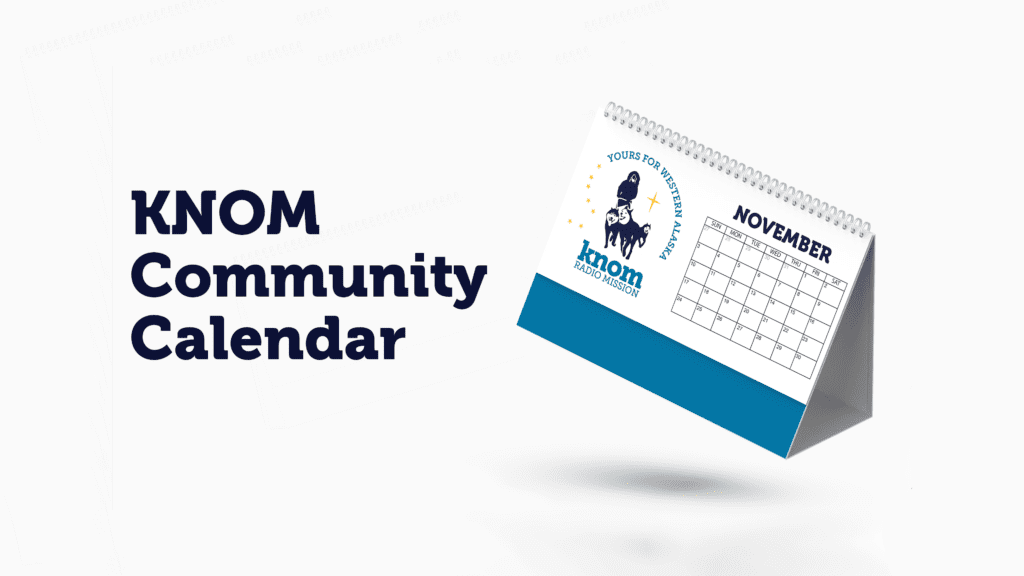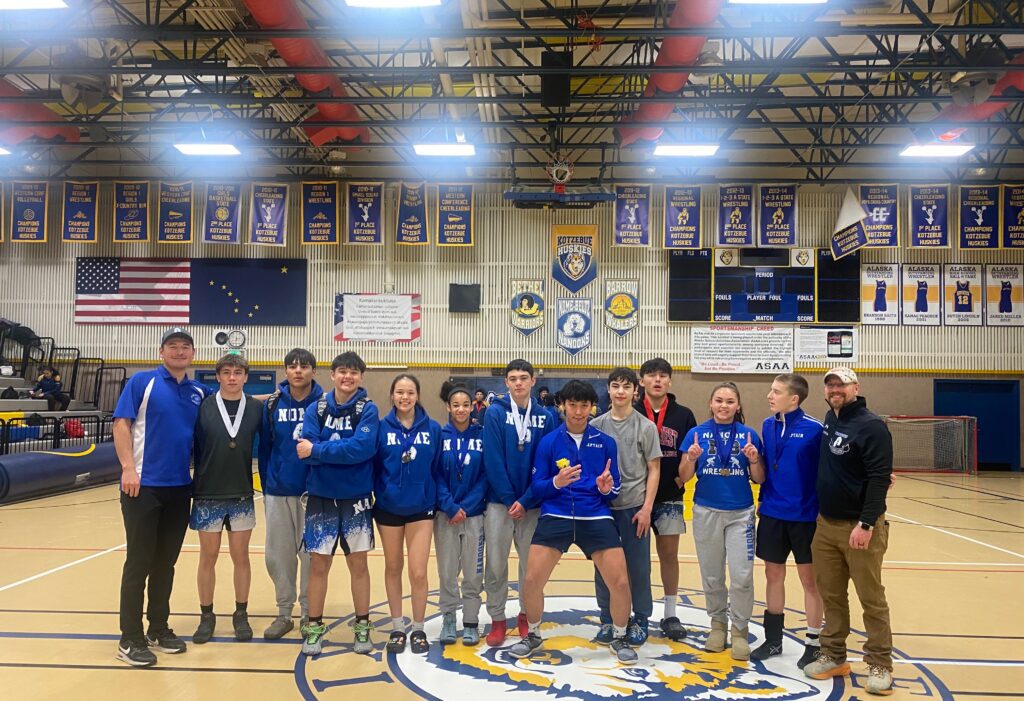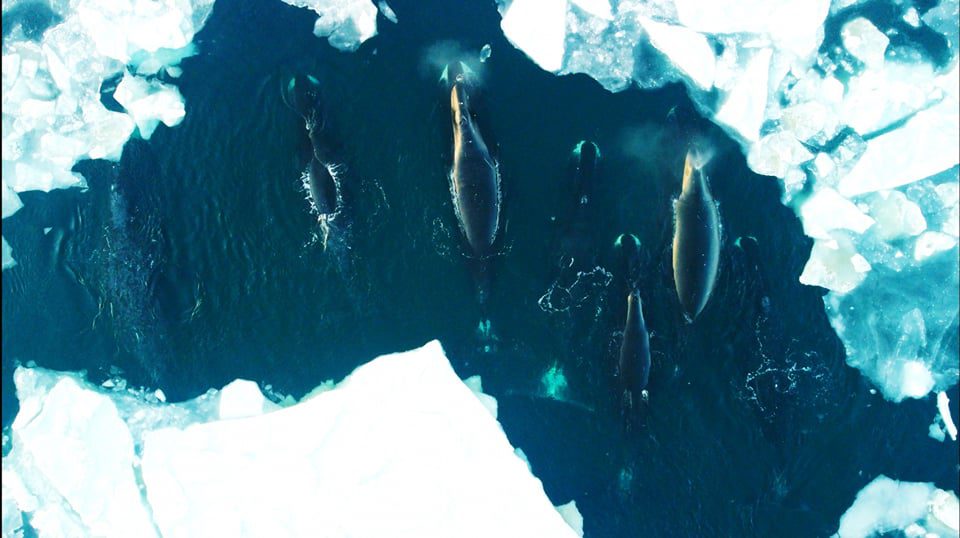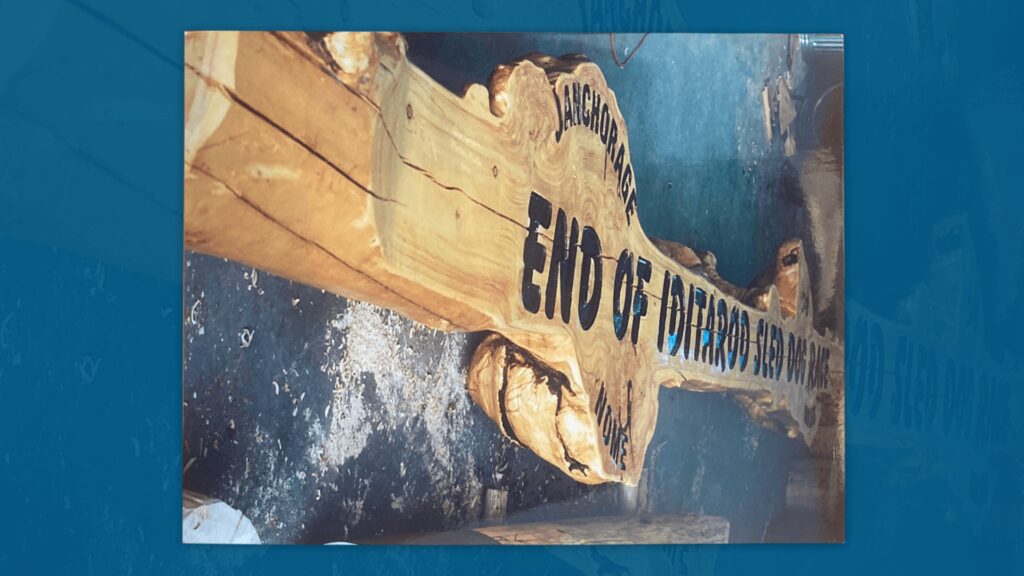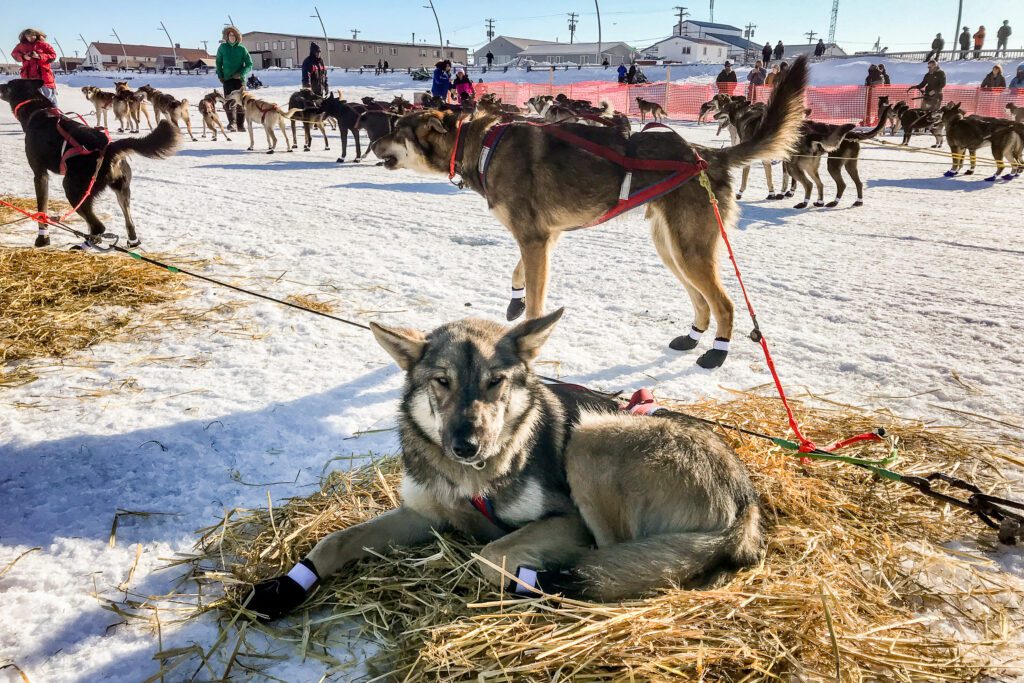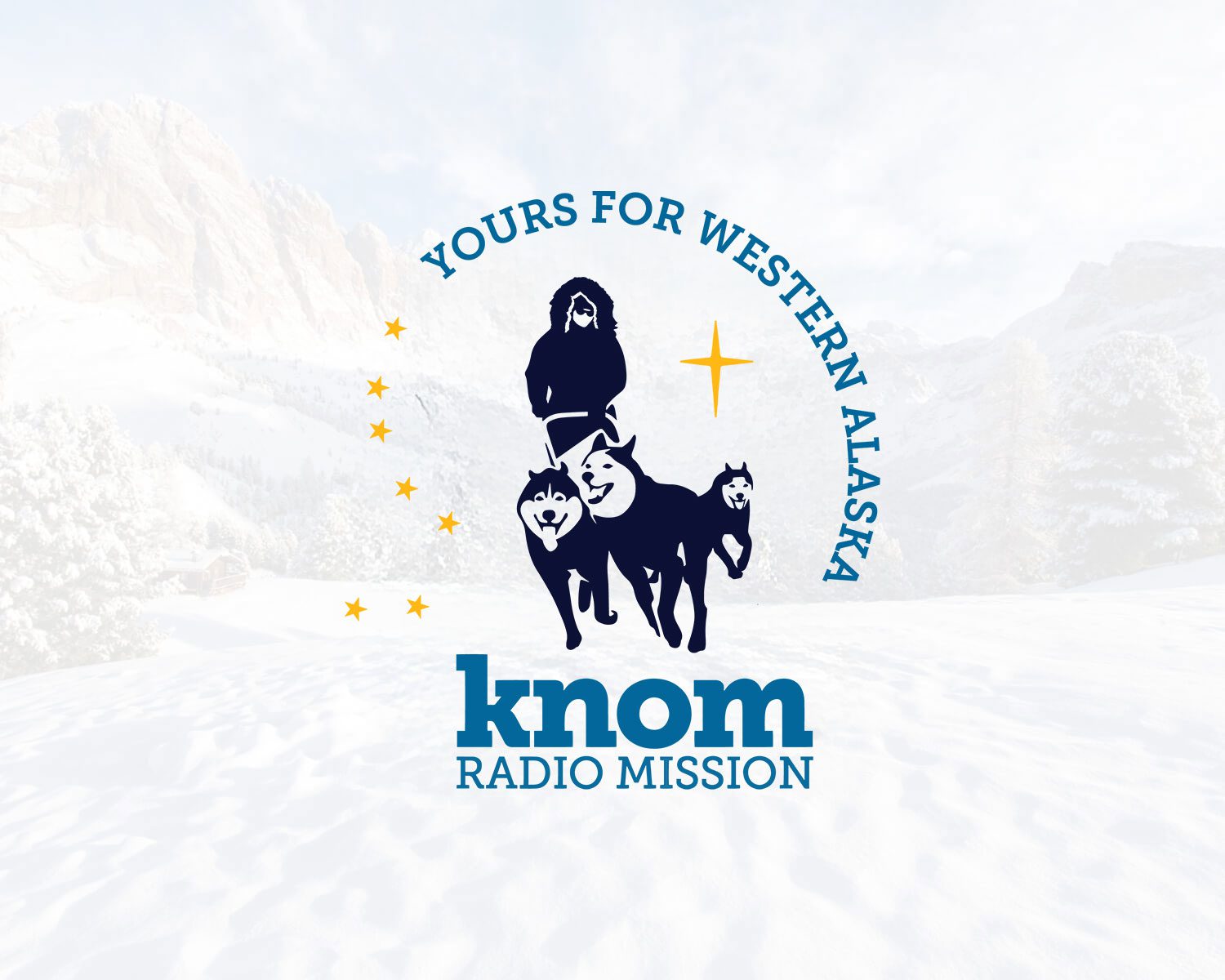A new Iditarod champion has been crowned.
KNOM’s Ben Matheson has the story from the end of the trail.
Bethel musher Pete Kaiser’s team of 8 dogs crossed under the Burled Arch in Nome at 3:39 a.m Wednesday, March 13.
A boisterous crowd of friends and family from the Bethel area traveled to Nome to celebrate Kaiser’s victory. The 31-year-old wins $50,000 and a new truck. It’s the career highlight for Kaiser, who has raced the Iditarod each year since 2010. On three separate occasions he’s placed as high as fifth, but this is his first outright win. His run took 9 days, 12 hours, and 39 minutes.
Kaiser had to hold off Joar Leifseth Ulsom, the defending champion, who surged on the final run in from White Mountain to trim 30 minutes of Kaiser’s 42-minute edge. The 1,000-mile race came down to twelve minutes.
Kaiser is the first competitor from Western Alaska to win the race since Kotzebue musher John Baker’s 2011 victory. Kaiser is the first Iditarod champion with Yup’ik roots. He hopes his win will help spark an interest in the Yukon-Kuskowkim (Y-K) Delta and beyond.
“Not just Yup’ik people, but all of the rural Native people from Western Alaska or anywhere in the state, for that matter, it really doesn’t matter. Anybody who can get a kick out of this, ya know; that’s awesome.
Kaiser was raised around sled dogs in Bethel. His father raced dogs in local races before he was born. Kaiser’s racing style has tended to be conservative during the early parts of the race, in which he banks extra rest and ensuring that he has speed when the opportunities arise. It was a variation of that style that positioned Kaiser for the victory in 2019.
“I generally have kinda an idea of what I’m gonna do, but it’s not set in stone. A run can take 5 hours on a good trail and 8 hours on a bad trail, just like this race played out. I mean, all these runs turned out to be 2 or 3 hours longer than they could have been on a long trail, so you gotta be able to adjust your race accordingly, I feel. If you just have something put pen to paper what you’re gonna do, no matter what, I don’t think it’s gonna work out so well.”
Kaiser raced a bit behind the leaders for the early and mid-section of the race, preparing for the right time to show off his team’s speed. Kaiser waited until Kaltag to take his mandatory, 8-hour race. It was on that last push up the Yukon that his team hit a critical stride.
“We just got some trail that the team really likes and we didn’t see much of that this race. My team really likes hard, fast trails where they can go fast, and that was probably the best type of trail for that kind of race, so when they got on that, they really wanted to roar. And I actually held ‘em back for most of that run.”
With fresh rest in his dogs, he was still three hours behind the race leader Nicolas Petit. But at this point, the race broke open. Petit’s dogs stalled on the ice between Shaktoolik and Koyuk, costing Petit his race. Kaiser says as he passed Petit going up the coast, he knew things weren’t going well.
“I had an idea when I got there that something was going on. I said ‘hi’ and he said ‘hi,’ and that was it.”
On the windy push up to Koyuk, Kaiser again led the field. He gained an hour on Leifseth Ulsom into Koyuk. From there, Kaiser needed to maintain an edge on the athletic Leifseth Ulsom, which over the next few runs led to the first title for the Bethel musher.
Photo gallery: all photos by Alaska Public Media’s Zachariah Hughes. Click any image to expand.

